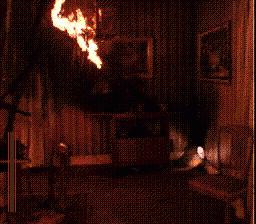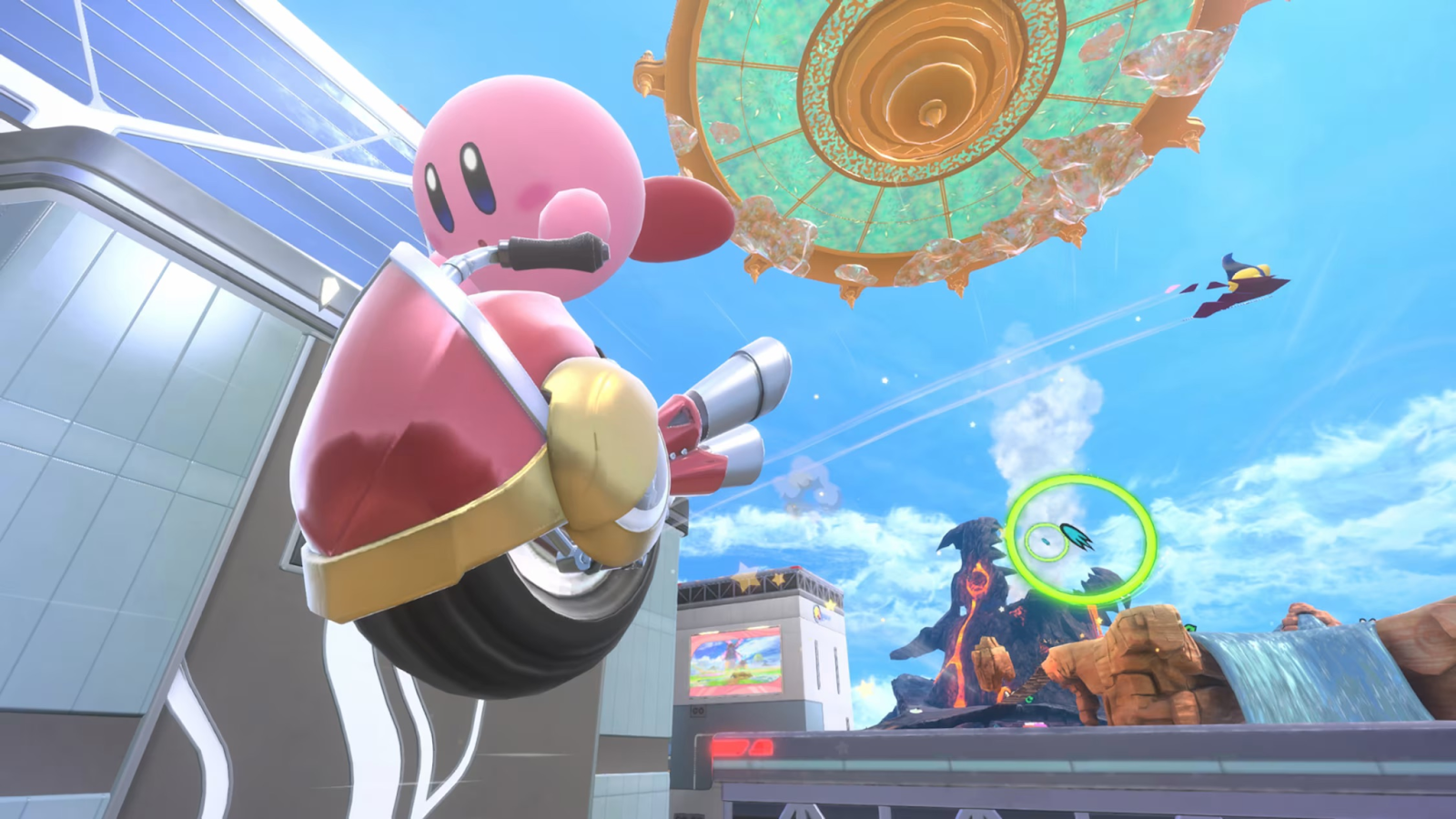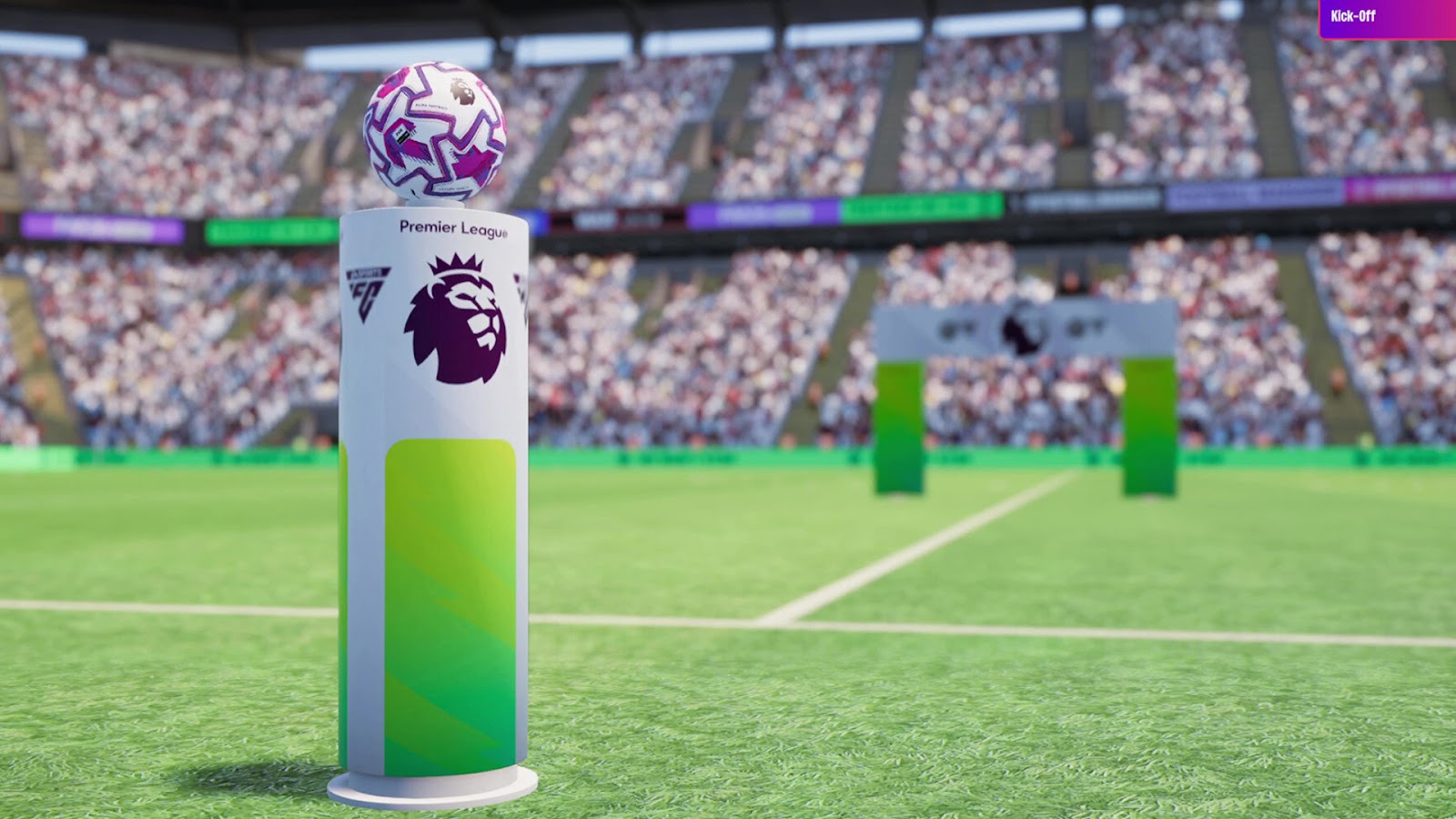You can trust VideoGamer. Our team of gaming experts spend hours testing and reviewing the latest games, to ensure you're reading the most comprehensive guide possible. Rest assured, all imagery and advice is unique and original. Check out how we test and review games here
The interactive movie has come a long way. When videogames first appeared on CD there was a flood of ‘games’ that were little more than amateurishly made movies with a little ‘choose your own path’ thrown in. The amount of interactivity in them was minimal, so you were much better off choosing to watch a real film. Fahrenheit from Quantic Dream and Atari puts you in control of the action so you see the story develop through each of the main characters in the game. Judged as a film this wouldn’t win any awards (or even come close), but as a videogame this is one of the most refreshing releases in some time.
Fahrenheit’s story revolves around a murder that takes place in the men’s room at a New York diner – a murder carried out by Lucas Kane. Lucas is computer maintenance engineer at a bank, and somehow finds himself knelt over a dead man. Why Lucas killed the stranger is a mystery, but his visions and strange markings cut into his arms are linked to it somehow. Piecing together clues are two New York City cops Carla Valenti and Tyler Miles, desperate to bring the murderer to justice. When more murders take place and supernatural elements come into play, they don’t know what to think.
Suffice to say, the story is entertaining. It does take a slight turn for the worse towards the end, but for the most part keeps you hooked to the game, keen to find out exactly what’s going on. The key to this is how you interact with the game. Whether you’re playing as Lucas, Carla, Tyler or Markus (Lucas’ brother) you’ll be able to interact with objects in the environment in the same way. Moving near them will bring up an on-screen prompt showing you how to pick up/use/open/eat etc the item. You simply mimic the on-screen prompt with the right analogue stick (mouse for PC players). It’s simple stuff, but works well.
Conversations work in much the same way, with a number of choices available via different stick directions. You have limited time to choose the direction the conversation is going, so on occasion things don’t go as you planned. This works well for tense situations, but when talking casually with someone, the time limits seem rather false, merely put in to unfairly raise the tension in the scene. The more action packed sequences rely on QTEs (hitting directions as they appear on screen) and track and field style button bashing. They’re not all that taxing, but both tend to go on for too long. The action played out in these scenes is often pretty well choreographed, but getting a good look at it is hard due to the concentration needed to hit all the directions that flash on screen.
The best moments in the game occur when Lucas is under real pressure. At various points you’ll have to carry out tasks in a set time in order to keep the police off the scent or to remain hidden from them. Failure to do so will often result in the end of the game, but seeing as you can go back to the last checkpoint, it isn’t a big deal. For the most part, while the game gives you the impression that you can do whatever you want, making the wrong choices, or doing things incorrectly will end the game. Had the story changed around these mistakes and continued along a new path the idea of really doing what you want would have been much stronger.
Gameplay makes a good game – or so we’re told – but in this case, presentation does. Fahrenheit is an amazingly well presented game, from the title sequence to the end credits. The visuals, soundtrack, score, voice acting and the rest all blend together brilliantly well, immersing the player into the story better than almost any other game available. There’s nothing technically brilliant about the visuals, but there’s some beautiful lighting and real character to the environments and emotion in characters’ faces. Lucas’ cold, empty apartment really reflects his downbeat mood, and Tyler’s colourful place fits well with his confident persona. Carla’s tendency to walk around her apartment wearing nothing but underwear is a little strange considering the icy temperatures outside, but it’s something that you can look past (or at).
The screen is often split into multiple camera shots and even differing character locations, giving you a better idea of the area you are in and where other characters are in relation to you. This also looks incredibly stylish, which is no bad thing. Angelo Badalamenti’s score is the real star though, creating the perfect mood for every scene in the game. He’s worked on such films as Dark Water, Cabin Fever and Lost Highway and is obviously an expert at creating an eerily tense atmosphere, which he pulls off with aplomb in Fahrenheit. The voice acting doesn’t disappoint either, with barely an awkward line to be heard. To be honest, it isn’t Hollywood movie stuff, but far more impressive than the average videogame.
So, simple gameplay mechanics combined with an intriguing storyline and stunning presentation. Sounds like a good game, and it is. There are, however, a few problems that prevent this from getting the Oscar it tried so hard to win. The biggest of which is the movement of the character you control. Generally it’s fine, but on occasion you’ll lose all sense of direction, with the character simply not going where you think he/she should. The camera doesn’t help, at times going more for the good shot than easy gameplay. The use of QTEs in dialogue sections also seems rather a strange choice – trying to listen to a long section of speech while simultaneously hitting the right directions shown on screen isn’t easy.
Fahrenheit has been hailed by some as a potential game of the year candidate. There’s no doubt that it is a very enjoyable game, and something different to the usual racing, action, FPS or RPG that is released each week, and raises the bar as far as ‘interactive movies’ go, but as a game it isn’t quite as polished as its presentation suggests. This won’t engage you on a traditional gameplay front, but will tell a story in a way that very few games have been able to in the past.






